Hey guys! Usually, I love writing about life’s happy moments such as birthday parties and earning extra money from home. But sometimes we need to face the negatives too. The best thing we can do though is to face them head on and be prepared. And when you’re a parent, it means preparing your kids too. Every single parent SHOULD make an effort to focus on emergency preparedness for kids. So today we’re going to face the negatives together because even though I have spoken to my kids about being prepared for SOME dangers, there’s still some more work that I need to do.
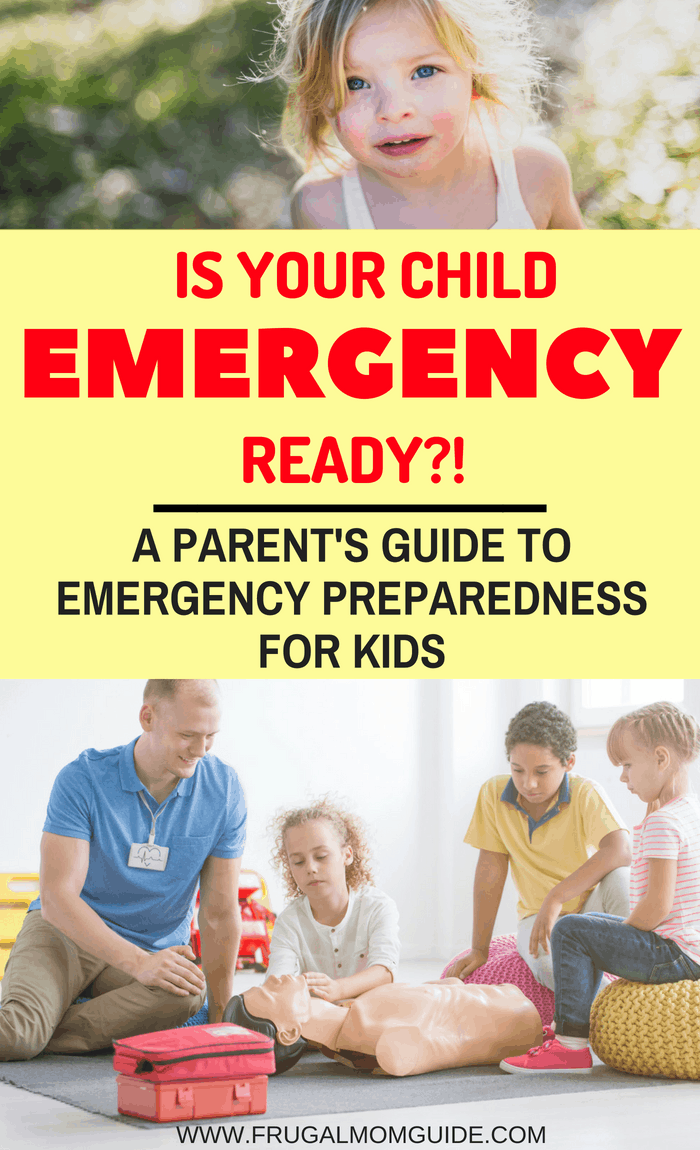
This post may contain some affiliate links. This means that we will receive a small commission if you purchase through these links (at no extra cost to you!). We only recommend products that we love and trust! You can read our disclosure for more info.
Table of Contents
A Parent’s Guide to Emergency Preparedness for Kids
First, we’ll start by identifying the types of emergencies that we may have to prepare our kids for:
- Medical Problems
- Home Invasions
- Fires
- Vehicular Accidents
- Natural Disasters (e.g. earthquakes)
- School Shootings
- Robberies (outside of home)
Here comes the talk. We need to explain and talk to our kids about each of the above. This will vary according to age and your circumstances. For example, my elderly dad lives with us. My ‘talk’ will include what my littles should do if they see Grandpa sick. What is important is explaining each one of these dangers to your children in a way that they can understand. You should cover each type of emergency in detail and explain different scenarios to take any element of surprise out of the equation should it really happen (God forbids!). Another example… my daughter, a 5 year old, knows our game plan, in the event that there’s an intruder (again, God forbids!). These are events that we never want to think about but we HAVE to be prepared!
Medical Problems
Explain different types of medical issues such as choking, heart attacks, strokes, loss of consciousness, seizures etc. An older child will be able to learn certain signs that indicate a medical problem. Use resources such as videos, articles and books to explain how they should handle each type of issue. For example, explain to your child from a young age if you have respiratory illness (such as asthma) and where your extra inhaler is stashed. Explain how to unlock your cell phone to call daddy if mommy has ever fallen and is unresponsive etc. Do not underestimate your child!
Home Invasions
Prepare your children. Explain what a home invasion is and how you will react. Most importantly, reassure them that you love them and will always do everything in your power to protect them. Have a plan. Decide with your partner if you think it’s best to stand down or fight back and explain to your kids what is expected of them in such a situation. Whatever your decision, remember that your number one goal is to keep everyone safe.
Fires
Yes we know it’s best to be proactive so having a working fire alarm system is best. However, this post is about emergency preparedness for kids and ensuring that they know exactly what to do in such an event. It’s very important to explain to them the dangers associated with playing with matches, candles, accelerants, overloading electrical outlets etc. Additionally, decide on a muster point – a safe place to assemble outside of your home. If your rooms are high, ensure that it is possible to jump out of a window without breaking too many bones (hopefully none!). Explain to your kids that if they cannot get through their doors, they will have to do the same. Let them know that they will have to do this as quickly as possible since smoke inhalation can be just as fatal as the fire itself.
If you have small kids, have a game plan with your spouse and ensure that their rooms are easily accessible from yours. Also, ensure that older kids have memorized numbers for your local fire department.
Vehicular Accidents
Again, explain to your kids how to handle such a situation. Ensure that your kids know the number for your emergency contact so that they can pass on this information to officials who may be present, if you cant. It’s a good rule of thumb to teach kids their correct name, age, address, correct names of parents and an emergency contact.
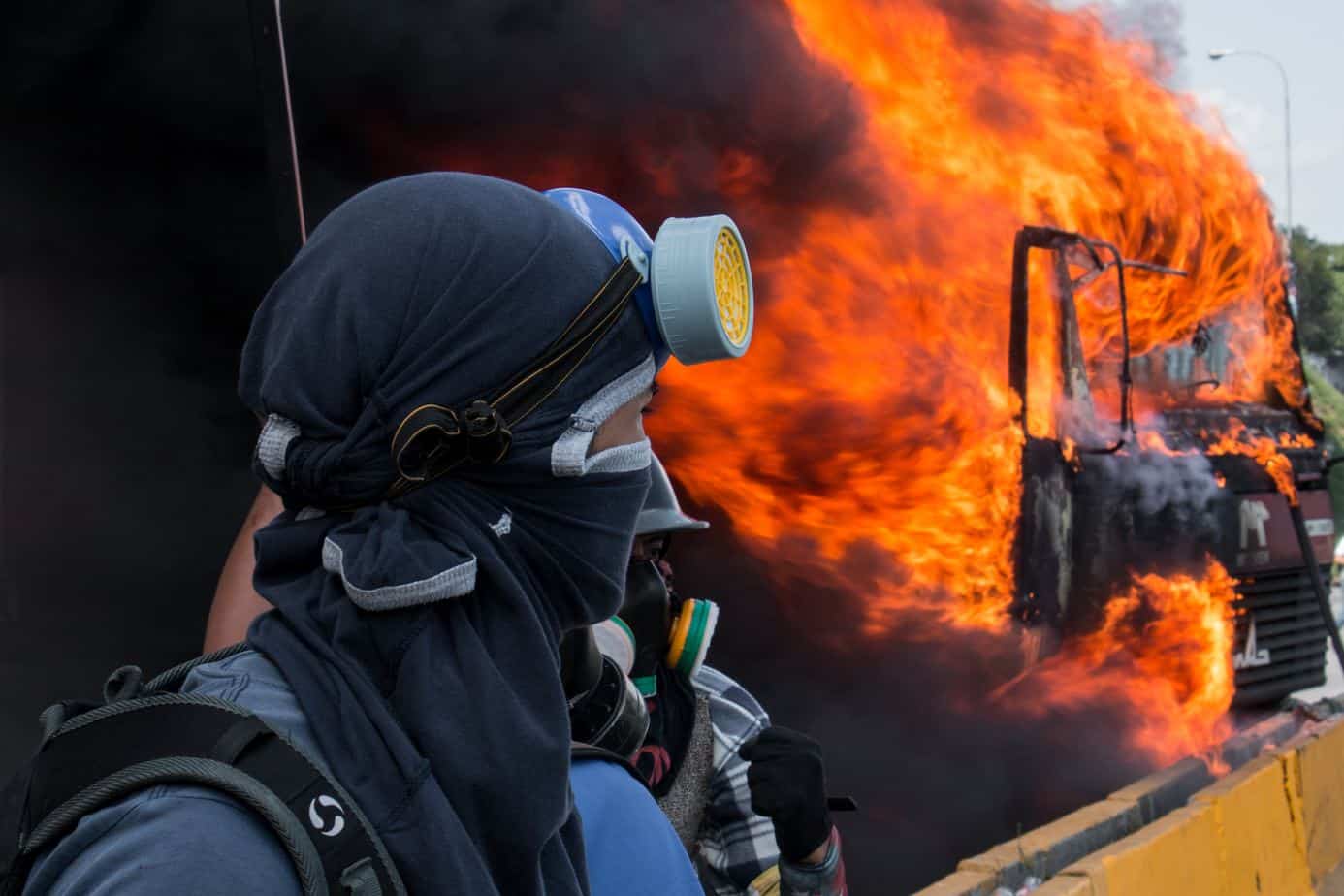
Natural Disasters
Most natural disasters can be predicted. However, the most well-known type that shows up unannounced is an earthquake. Common in some places, often in areas close to the world’s Ring of Fire, we must ensure that our kids know what to do. Heck, we must ensure that WE know what to do.
Last week, we felt our home shaking and heard all the glasses in our cupboards rattling. I grabbed our daughter and Lorrenzo grabbed our son. I ran to stand under a door frame to wait for the shaking to stop. Lorrenzo was standing behind me and we literally argued DURING the earthquake about what was safer. He insisted that I run outside and was upset that I was blocking the doorway. I eventually did run out (Yes, the earthquake lasted THAT long) and we stood out in the open waiting for the shaking to end. My point is don’t be like us (HA!)… at least with respect to emergency preparedness! Since then, we’ve learned our lesson.
We immediately discussed how we’d handle the situation the next time. We weighed the pros and cons of the door frame method VS drop, duck and hold method VS the triangle of life method VS running outside in the open as quickly as we could. We tested our plan the next morning during another large aftershock. Thankfully we’re all okay. It definitely showed us that we should ALWAYS have a plan… and YOU should too!
I also used the opportunity to explain to my kids (5 and soon to be 3) the science behind earthquakes and what we would do if it happens again. It helps them to feel safer, knowing there’s a plan and they are more educated on the topic.
(Depending on where you live, you may have to educate your kids on tsunamis, landslides, flooding, hurricanes etc. especially focusing on the natural disasters that are unexpected.)
School Shootings
It’s a sad day when you have to explain this to your kids… explaining that an environment where they should feel safe and happy can turn into a danger zone. Be honest and truthful but also sensitive since you don’t want to make them feel anxious or scared. Walk them through steps they should take to stay safe during such an event.
Robberies
These can be anywhere from the grocery store to a full-blown bank heist. Again, explain to your kids how they should handle the situation. In most cases, it’s best to stay calm, follow instructions and lay low.
PHEWW! WHAT A LIST! Are you still with me? I absolutely HATED writing about this topic. As a mother, I don’t EVER want to imagine any of these situations happening to us. But what kind of mother would I be if I didn’t educate my kids and teach them how to handle these events?!
I can assure you by preparing your kids from a young age, you are fostering and raising your children to be aware, responsible adults.
Related: This ONE Habit can Make You a More Patient Mom
So Let’s Recap by age:
2-4 Years old
- Know his full name
- Know his parents’ full names
- Know his age
- Know his address
- Have a card with emergency contact information attached (or in his pocket) during all outings
Additionally, the caretaker should have a buddy who checks in often enough to make sure everything is okay (when child is 4 or under)
5-9 Years Old
- Should know everything listed above
- Should know how to dial emergency numbers (eg. a close adult if caretaker is unresponsive, 911)
- Know where the emergency muster point is
- Be able to take actionable steps as explained by parents in the event of an emergency
10 Years Old and Above
- Should know everything listed above
- Should be able to look out for younger children in the house (in a way that is safe)
- Should be taught how to perform CPR, Heimlich Maneuver etc.
Steps You should take:
- Teach and explain each of the aforementioned scenarios to your kids
- Decide on a safe muster point
- Have a friend/your spouse check in during the day especially if you’re the only adult at home with little kids
- Explain to your kids exactly what medications you use if you have any medical problems
- Create an emergency contact list and stick it to your refrigerator
- Teach your kids how to make emergency calls but stress the importance of calling ONLY when NECESSARY
- Have an emergency first aid kit
- Always have canned foods, flashlights etc. in an accessible location at home and show your kids where it is
- Take Health and Emergency Courses with your family members
- Teach them how to handle all of the above even if they’re not at home
- Teach good touch/bad touch and that it is not okay for anyone to inappropriately touch their bodies (but this is a whole other post for another day)
So, the big question is ARE YOU PREPARED?
If you’re still with me at this point, I hope that you’ve learned something and will now be in a better position to help your family become more prepared!
Is there anything else that you’d add to this list to help parents with emergency preparedness for kids? Share with us in the comments below.
Don’t forget to share and pin for later!
OHH, and I’m on Pinterest!
Adding this cute puppy and kitty so that we can end on a lighter note. 🙂
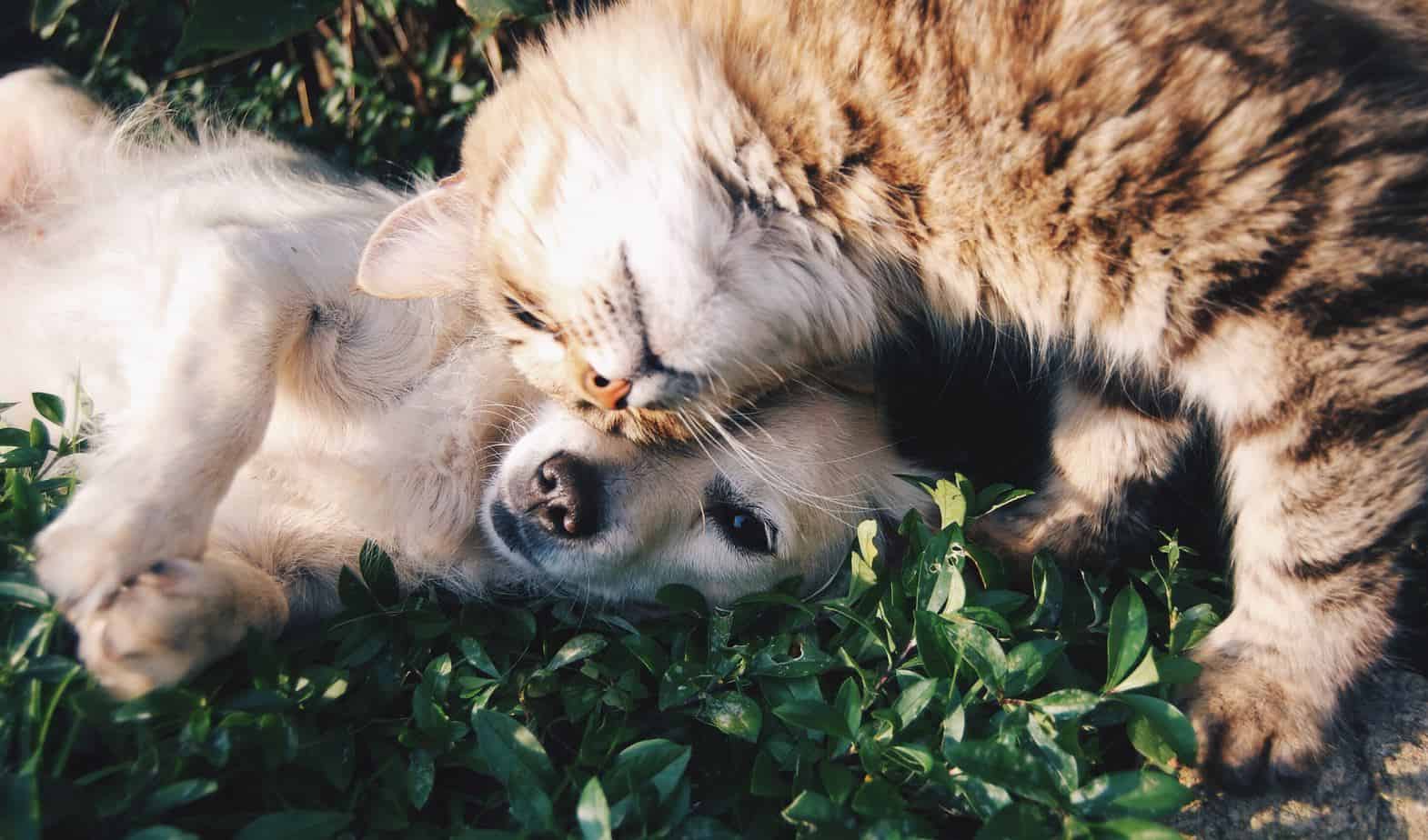
Until next time,

You may also like:
How to Help your Child Focus in School (7 Tips from a High School Teacher)
Is your Child Struggling because of YOU? 12 Habits of Parents who Raise A+ Students
12 Ways to Entertain your Kids when you’re too Tired to ‘Mom’
HEY! PIN ME FOR LATER!
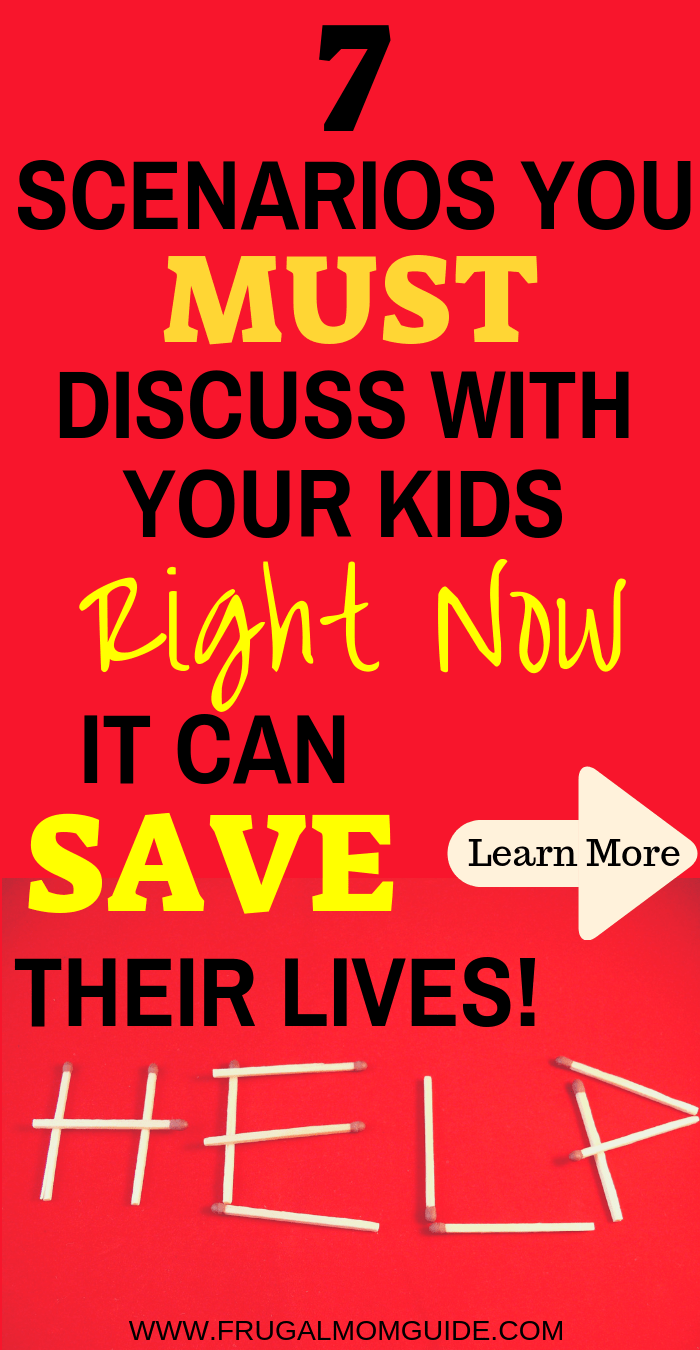
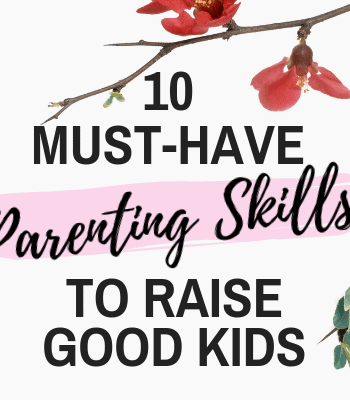
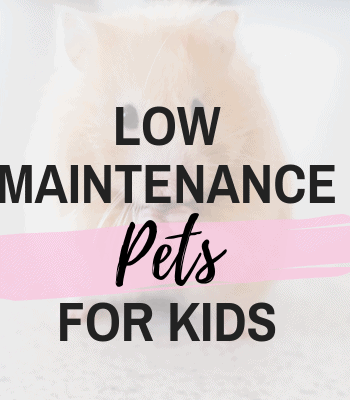

I’m so sad that some of these conversations must be had!!
Isn’t it, Gail? Especially the conversations where you need to explain that other human beings can be so heartless.